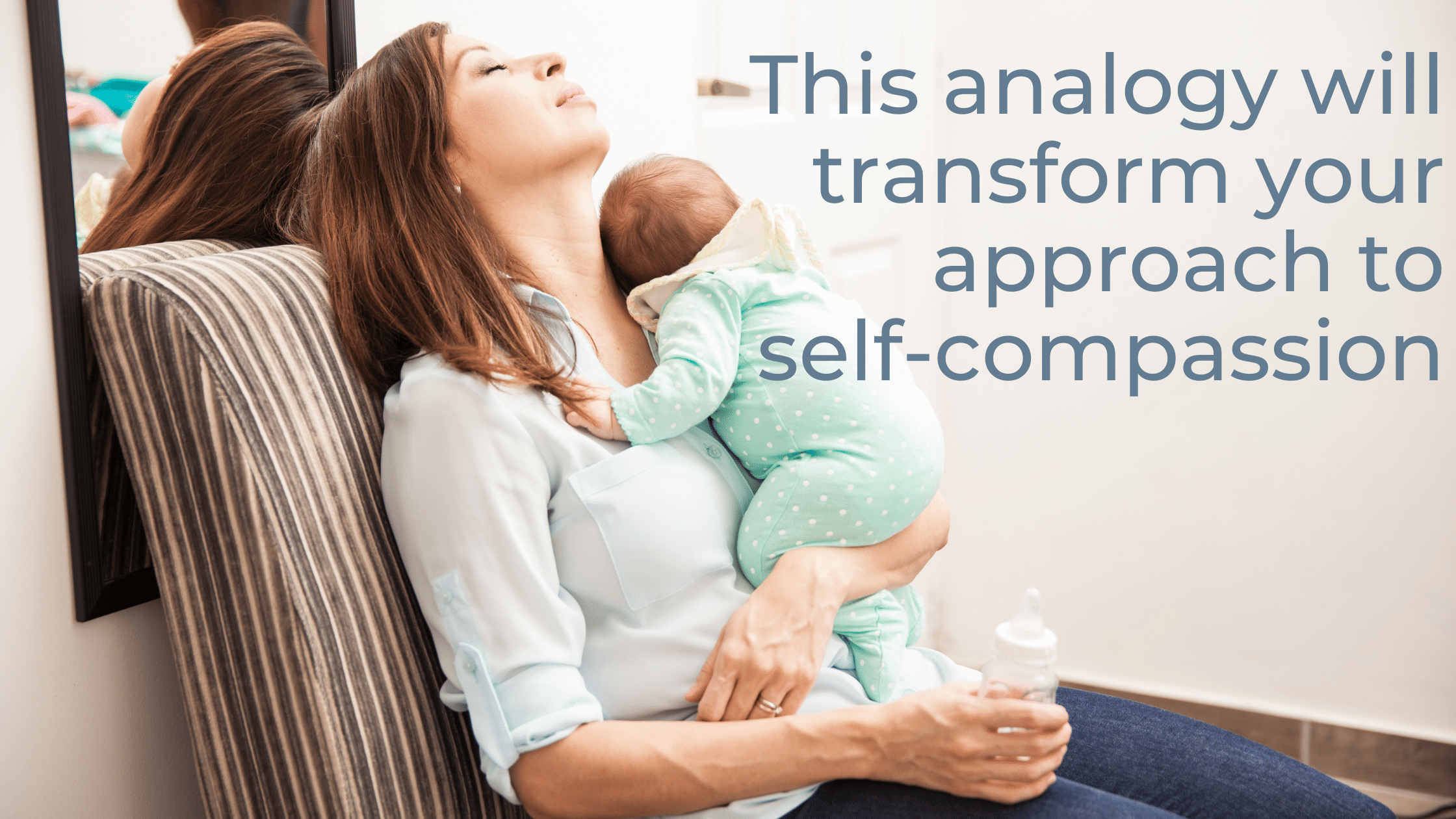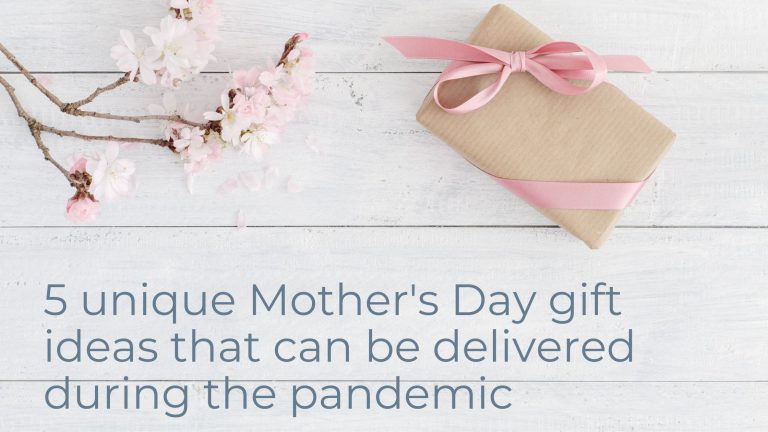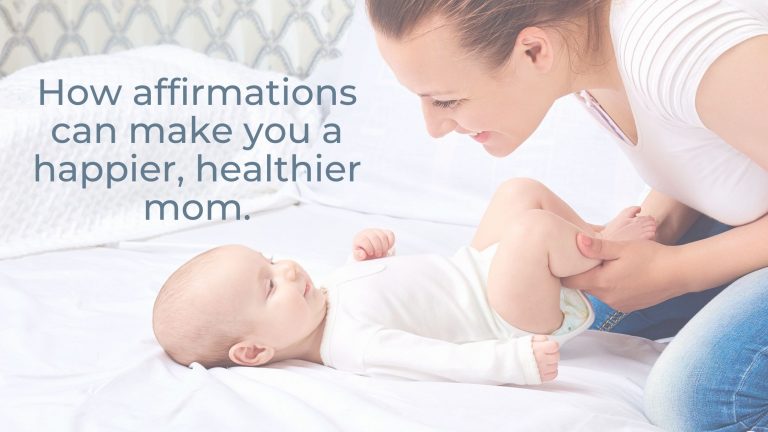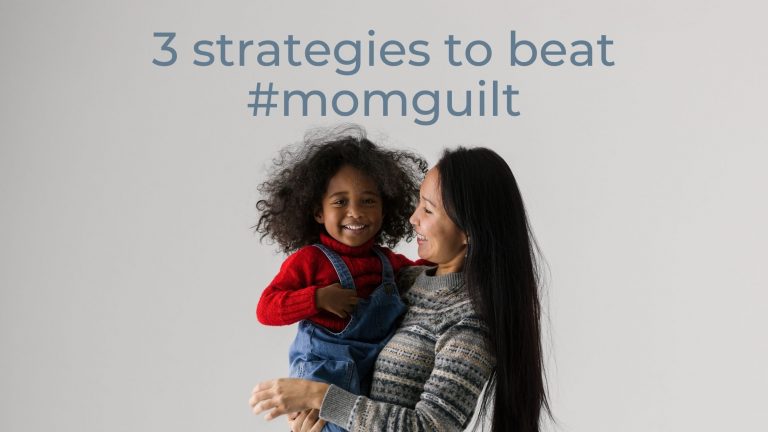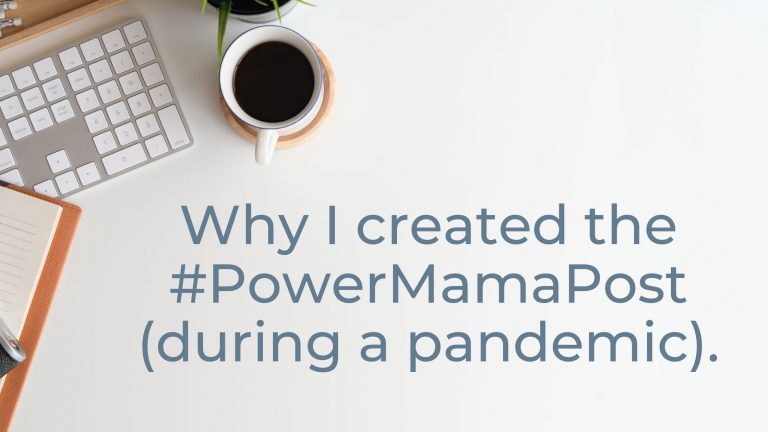This analogy will transform your approach to self-compassion
What is self-compassion?
We hear it all the time – you have to be compassionate toward yourself, be kind to yourself, practice some self-compassion. I have to admit, although I can understand the logic behind saying that, for a long time I didn’t really understand what self-compassion really was. Whenever I would hear someone talk about being compassionate toward myself, I would think, sure, that makes sense, but I have no actual idea how to do it.
I confessed this to my coach last year when the topic came up again. This is how she explained it to me:
Think about the little voice in your head that whispers ‘you’re not good enough’ or ‘you will fail’ or ‘you’re not loveable’ or ‘you’re on your own’ whatever it is that the little voice likes to remind you when you’re going through a tough moment.
Picture yourself as a child. That voice is coming from that child. She’s scared or sad or angry or overwhelmed and she’s trying to be helpful. But she gives bad advice, because, well, she’s a small child who is overcome with big emotions.
Look at that child the way you look at your own child. Treat her with the same gentle, loving care that you would treat your own child with when she’s scared or sad or angry or overwhelmed.
You acknowledge the way she’s feeling. You tell her it’s ok to feel that way. You reassure her with a calm, loving presence. You wrap her up in a hug. You keep her safe. You understand why she thinks her whispers will solve the problem. You might even laugh to yourself a bit at her childish perspective. But you don’t take her advice, because she’s a small, scared child.
Pick that child up and carry on with your day. You may have to tend to her emotional needs, but you don’t let her fear or anger make the decisions about where you’re going or what you’re doing. You make those decisions, because you’re the adult. And soon the whispers will stop because that child will begin to feel loved, cared for and safe.
That’s self-compassion.

